OFFICINA BIOMAT
The key concept is ‘reuse’, they explain showing Biki, a washable glass designed to turn large social gatherings, festivals, fairs and private events into plastic-free events. “It is made of polycarbonate, a noble plastic” says Fabio Villan. “To clearly describe this project, we need to introduce and manage to convey the meaning of an engineering term, LCA, the Life Cycle Assessment of a product: when designing something, one needs to calculate how much CO2 will be emitted into the atmosphere from the moment production starts to the end of the product’s life. In this case, a polycarbonate (PC) cup, which is reused several times and washed in a high-performance dishwasher, is probably more ‘sustainable’ than a disposable bioplastic cup, which becomes waste after 20 seconds and has caused emissions derived from growing the biomass, processing it, and producing the cup. In terms of LCA, Biki can also be compared to a glass cup, which might break and have a life shorter than the one originally planned for it”, says Michele.
LCA
Product Life Cycle Assessment (LCA) studies the environmental aspects and potential impacts throughout the life of a product or service, from the acquisition of raw materials through the manufacturing and usage phases, all the way to product disposal. The main types of environmental impact taken into consideration are the use of natural resources, human health, and ecological consequences. Carrying out an LCA analysis means analysing the history of a product or process ‘from the cradle to the grave’, describing its energy and environmental performance through specifically-developed models. LCA is an integral part of eco-design, a design approach aimed at finding solutions that are as environmentally friendly as possible. The LCA approach is by now well established and has been the basis for a number of EU environmental policies and initiatives related to eco-labelling, Green Public Procurement, and the development of Best Available Techniques (BAT).
Biki
“The way it works is simple: you pay your first beer €5 instead of €4. When you finish the beer and return the glass, you are given a token, printed from this organic pellet: it is neither a deposit nor a down payment – it’s a contribution for using the glass, your contribution to making that event plastic-free. If you buy a second beer, you return the token and, in exchange for it, you get the glass back” explains Michele Galeri.
Starting from a cost analysis, shared with some festival managers, Officina Biomat realised that eliminating plastic cups in favour of reusable ones can also be a profitable investment: whoever buys 700 Bikis, paying them €1 each, starting from the 701st tapped beer will earn €1 per glass. In addition, Biki can be customised, becoming a gadget that people take home as a souvenir of an event (be it a festival or a concert).
“After promoting the project, we received the first expressions of interest and we also started talks with the municipality of Perugia, because Perugia historic centre is faced with the problem of glasses in the street from bars and clubs. We tried our project out at an event, with 3 bar points and a glasswasher. Although as many as 2,500 people attended the event in three evenings, 400 glasses were enough to serve everyone and replace all the disposable ones”, says Andrea Buini.
With each glass a token is given, which looks like wood but is actually plastic – 100% vegetable plastic, made from a woody biomass pellet, derived from pruning waste. “It was complicated to make this material liquid in order to pour it into a mould. Using machinery designed for conventional plastics, it is difficult to set the right temperatures and injection process” says Fabio Villan.
Biki and the tokens “epitomise our collaboration” says Michele Galeri: for glasses, for the moment, plastic is better, while for other objects we can already use a biomaterial. The next frontier of experimentation will be obtaining a transparent pellet from hemp fibre. They show one to us: it’s incredible to think that it is 100 per cent of vegetable origin. “We have printed a few boxes. These prototypes are now being analysed in a laboratory. We need to understand their possible applications” explains Michele Galeri. The biopolymer from which the prototype is made costs 15 times more than polycarbonate (PCA), which is the most expensive of all the materials used to make commercially available plastics”.
